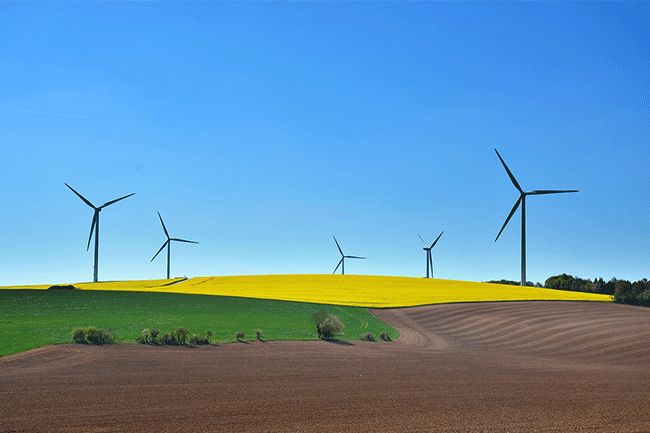According to an analysis by the Wall Street Journal, the U.S. Inflation Reduction Act (IRA) has injected nearly $110 billion into domestic clean energy projects since its passage, with a clear goal of building a domestic supply chain for the green energy industry. However, at the same time, the manufacturing technology for batteries and renewable energy equipment is mainly concentrated overseas, especially in countries such as South Korea, Japan and China. This means that overseas manufacturers are expected to be the biggest beneficiaries, and they will be eligible to apply for billions of dollars in tax credits, which are usually linked to production and reward the largest investors.
The electric vehicle industry has received particular attention, especially the Chinese power battery industry, which is closely related to it. Currently, the Chinese power battery industry is seeking deals with the United States' free trade partners South Korea and Morocco, aiming to profit from the growing demand in the United States and trying to bypass the regulatory barriers of the US market. It is reported that Chinese companies have announced the establishment of at least nine joint ventures in South Korea this year, with a total investment of more than US$4.5 billion, to manufacture raw materials needed for electric vehicle batteries.
In addition, at least four Chinese companies plan to build factories in Morocco to produce battery-related products. It is worth noting that Morocco has more than 70% of the world's known phosphate reserves, which is a key raw material for the production of electric vehicle batteries. These Chinese suppliers hope that by producing in these two countries, they can supply automobile and battery manufacturers that meet the incentive conditions of the Inflation Reduction Act.
However, industry experts believe that the ultimate purpose of this US regulation is to minimize China's participation in the US electric vehicle supply chain. Over the next two years, battery components and key materials from so-called "foreign entities of concern" will be shut out.
Analysts point out that in this policy environment, Chinese suppliers form joint ventures in the hope that customers can continue to purchase from them while still receiving incentives, which can offset more than one-tenth of the cost of an average electric car.
Meanwhile, the U.S. government's definition of a "foreign entity of concern" in the Inflation Reduction Act remains vague, and analysts believe that this uncertainty means that such joint ventures may eventually be banned from enjoying government incentives.
In fact, U.S. politicians have begun to focus on whether China indirectly benefits from the Inflation Reduction Act. Ford Motor Co. last month temporarily shelved its plan to build a $3.5 billion electric vehicle battery manufacturing plant in Michigan with a Chinese battery giant, after months of pressure from some heavyweight lawmakers in Washington on Ford's Chinese partners.
Despite this, Chinese battery companies are still active in their layout in the US market. As the world's second largest automobile market, the US is of great attraction to battery companies. China's three largest battery material suppliers - GEM, Huayou Cobalt and CNGR Advanced Materials - have been the most active companies in reaching cross-border transactions.
At the same time, the United States is accelerating the pace of tax breaks for electric vehicles. Although the new tax policy will help promote the sales of electric vehicles, car buyers need to carefully understand the complex rules. Moreover, as relevant regulations continue to be improved, the future development of the electric vehicle market is still full of variables.



 Follow customer service WeChat
Follow customer service WeChat